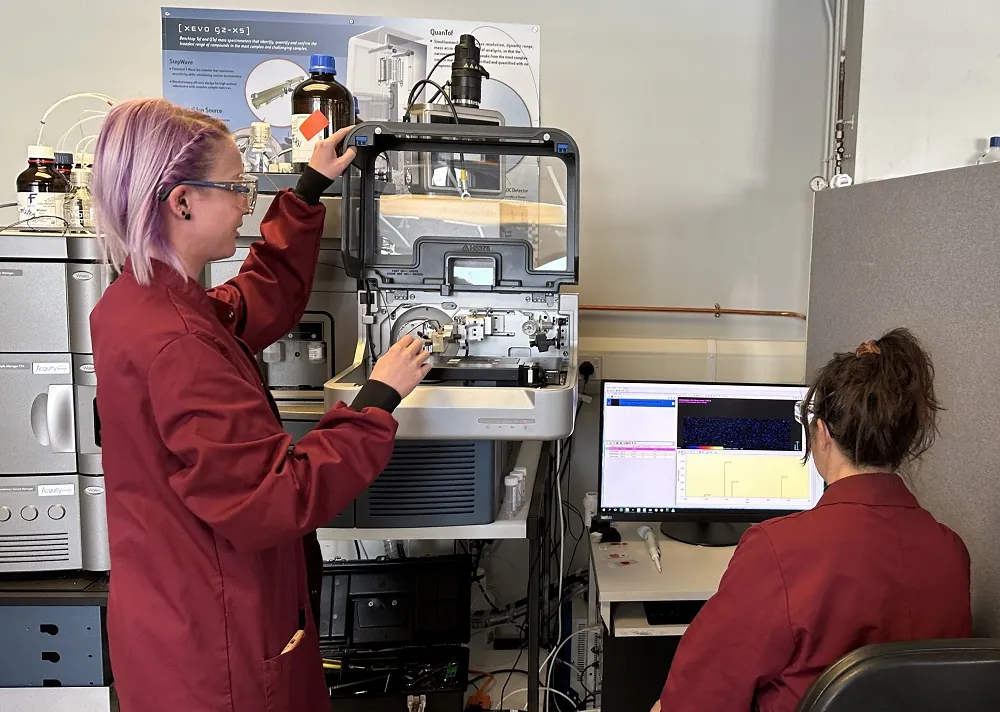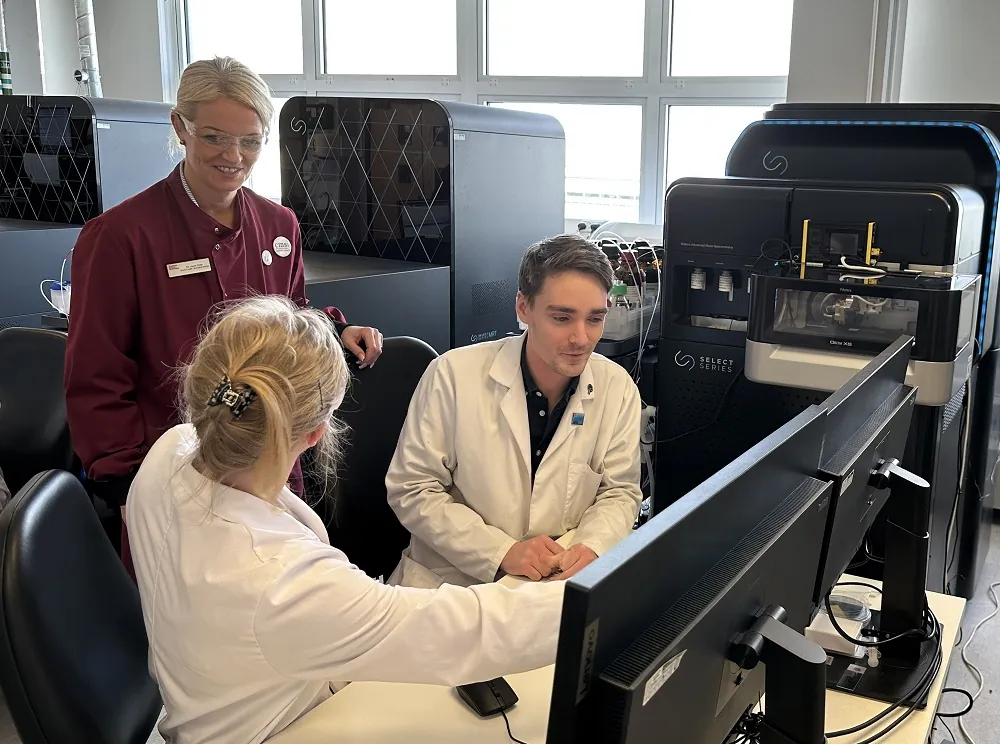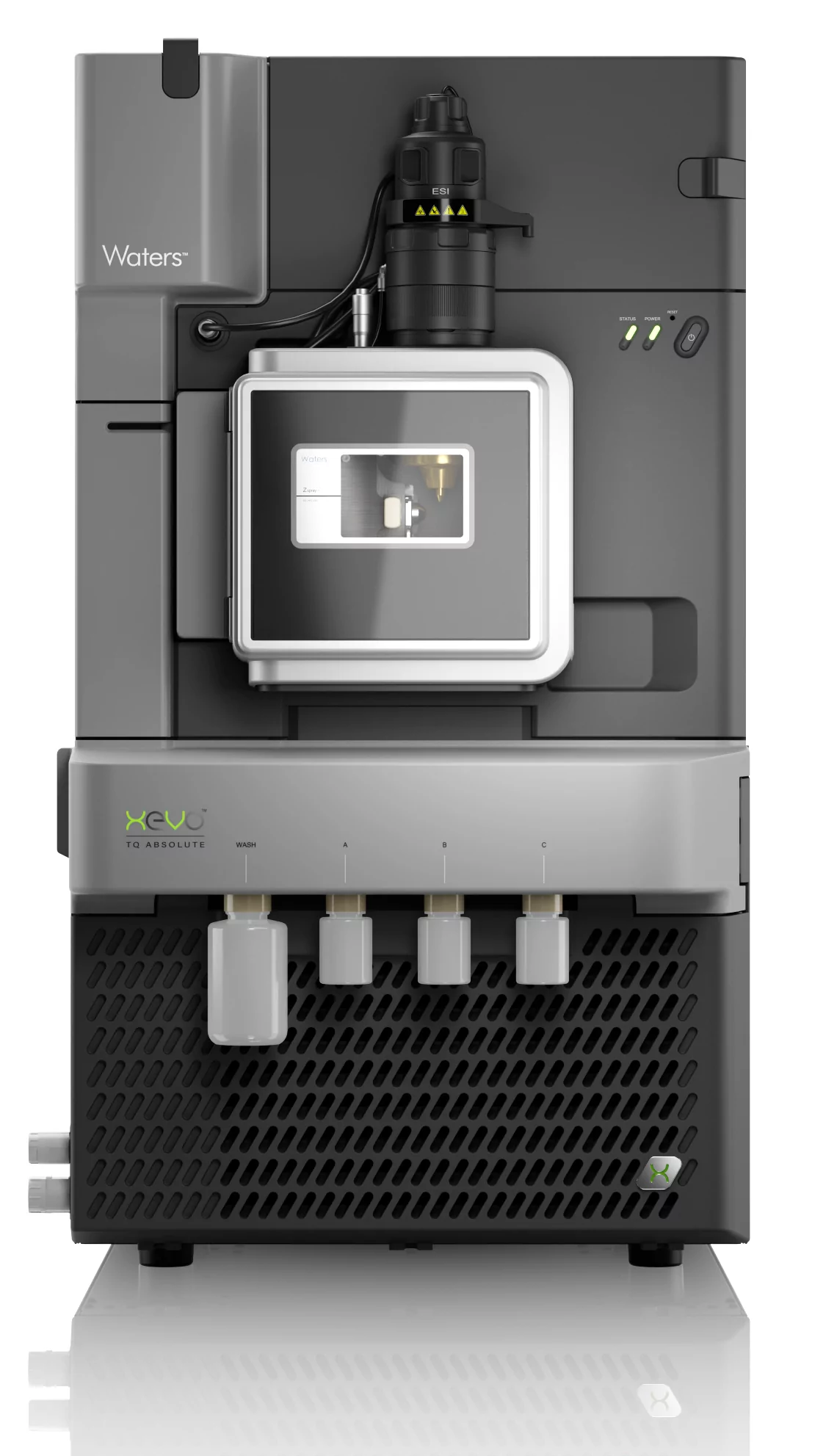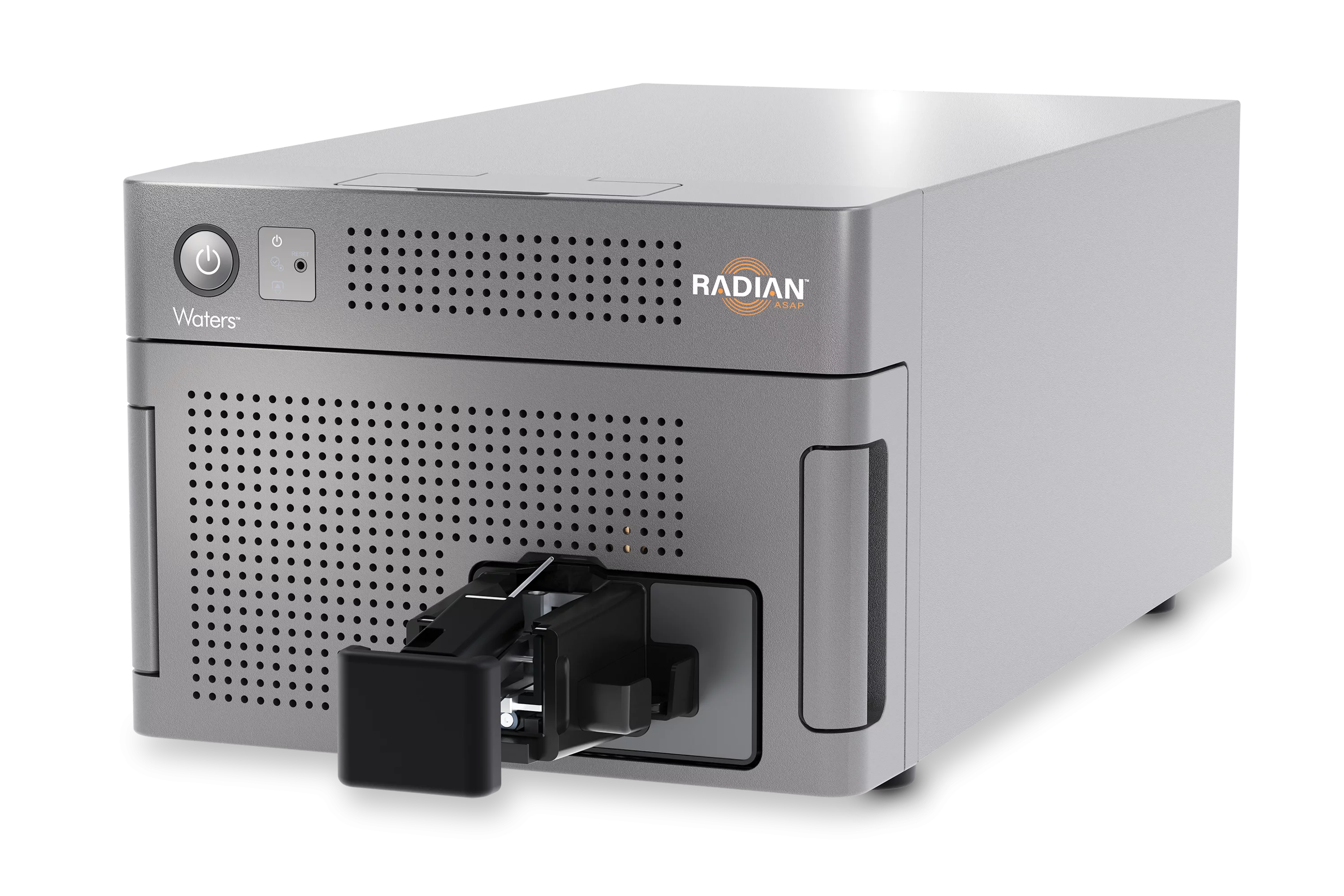The Future of Breast Cancer Screening?

Waters continues to pioneer innovations in mass spectrometry enabling researchers to discover lifesaving insights to improve human health, and ultimately save the lives of billions of people around the world. Professor Simona Francese and her team at Sheffield Hallam University have developed a groundbreaking test to use sweat from a woman’s fingertip to detect breast cancer. Supported by a long-lasting collaborative relationship with Waters and using a suite of Waters instruments, this remarkable discovery is core to our mission to empower our customers with the innovation and insights that will revolutionize human health.

The novel technique is still in an early development stage, but the results are very promising. Samples of fingertip smears taken from a group of women with benign, early, or metastatic breast cancer were correctly differentiated in relation to each condition with 97.8% accuracy. Larger cohort sampling is planned. If the method continues to hold at scale, screening and diagnosis of breast cancer will become painless, more widely accessible, as well as likely to permit monitoring chemotherapy treatment progression.
Breast cancer affects 2.3 million women across the world every year and causes more than 600,000 deaths
Breast cancer is the most commonly diagnosed cancer in the world. Traditional methods of screening and detection such as mammograms and biopsies are effective, but they expose women to radiation and can be painful or embarrassing.
The UK National Health Service (NHS) figures have revealed that 1.2 million women – 37% of those invited – did not turn up for breast cancer screening last year.
In the vision of Sheffield Hallam University researchers collaborating with oncologist Professor Lynda Wyld (Doncaster and Bassetlaw Hospitals), this cutting-edge research could improve compliance, reduce the reliance on traditional breast cancer testing methods, and potentially allow women to test in the comfort and safety of their own homes, altogether increasing the likelihood to save more lives.
The Waters and Sheffield Hallam University synergy
The collaborative relationship between Waters and Sheffield Hallam University and its Centre for Mass Spectrometry Imaging (CMSI) has evolved over two decades The center is dedicated to the advancement of mass spectrometry imaging (MSI) techniques and their application to problems in biological, pharmaceutical, forensic and environmental analysis. The CMSI studies a wide range of molecules using MSI including cellular metabolites, lipids, pharmaceutical compounds, drugs of abuse, peptides and proteins in tissues, biological fluids, and fingerprints, as well as agrochemicals in food crops.
To complement the center’s state-of-the-art facilities and goals, a suite of Waters analytical equipment will be used for the analysis of cells and tissues to identify and combat disease processes, ultimately enabling healthier lives.
Successful projects of note include:
- Forensic analysis of fingermarks and suspect identification.
- Biomarker discovery of tumorigenesis.
- Biological response to honeybee venom.
- Xenobiotics skin absorption and drug mapping.
- Distribution of anti-cancer drugs in tumors.
- Changes in protein and lipid expression when skin is exposed to sensitizing chemicals.
Waters continues to innovate products that improve human health
We extended our MS imaging innovation with the introduction of a targeted MS imaging solution. This new product combines our DESI XS imaging source (of which we are the sole source provider in the market) with our signature Xevo™ TQ Absolute Tandem Quadruple (TQ) Mass Spectrometer which is renowned for its sensitivity and speed. For scientists in early pharmaceutical drug development, this instrument provides the ability to visually biolocalise compounds at therapeutic and low levels which have up until now been impossible to visualize. These solutions deliver results up to five times faster and are more sensitive than discovery-grade HRMS imaging systems. Pharmaceutical scientists rely on them to choose drug candidates for further investigation and quick development into the market. In 2021, Waters was the first to introduce the use of multi-reflecting time-of-flight technology with our SELECT SERIES™ MRT. This product has continued to lead the industry in terms of performance and feature upgrades.
Through collaboration with Sheffield Hallam University and our customers, it is these groundbreaking discoveries and solutions that fuel our commitment to solve for more diseases and to develop screening techniques that will enhance human health around the world.
Additional Resources:
Waters Boosts Resolution and Triples Scan Speed of SELECT SERIES MRT for Metabolics and MS Imaging
Select Series MRT Redefines Performance of Next Generation High Resolution Mass Spectrometry
Popular Topics
ACQUITY QDa (16) bioanalysis (11) biologics (14) biopharma (26) biopharmaceutical (36) biosimilars (11) biotherapeutics (16) case study (16) chromatography (14) data integrity (21) food analysis (12) HPLC (15) LC-MS (21) liquid chromatography (LC) (19) mass detection (15) mass spectrometry (MS) (54) method development (13) STEM (12)





